Prøve GULL - Gratis
AUSTEN'S ENGLAND: FACT OR FICTION?
BBC History Revealed
|October 2023
Jane Austen’s novels provide a fascinating picture of Georgian life – but how accurate are her portrayals? Historian and author Helen Amy considers rural life, social etiquette and more...

There are two good reasons to expect the novels of Jane Austen to be factually accurate. First, Austen wrote only about what she knew and what was probable, for fear of giving "false representations". She drew directly from her own experience and observations of the people around her, and her works are full of the groups and types of people with whom she was familiar. Second, Austen was concerned about detail and accuracy. She did not, for example, describe men alone because she did not know how they talked without a woman present.
However, it's important to remember that Austen was first and foremost a novelist, and creative considerations sometimes overrode factual accuracy. Her novels are works of art in which her considerable imaginative powers played a large part. Furthermore, due to her narrow focus on the lives of a few families in country villages, and because she wrote from a woman's viewpoint, she provides an incomplete picture. Austen gives no real idea of the lives of men, and little insight into life beyond the affluent parts of mostly rural, southern England.
The wider backdrop to the novels is well depicted. England is accurately shown as a hierarchical and patriarchal society in which everyone knows their place and in which women are considered second-class citizens, largely confined to the private domestic sphere. Men run the country, public institutions and the professions, and they own the land. The authenticity of the world Austen presents is also enhanced by rounded and convincing characters.

COUNTRY LIVING
Denne historien er fra October 2023-utgaven av BBC History Revealed.
Abonner på Magzter GOLD for å få tilgang til tusenvis av kuraterte premiumhistorier og over 9000 magasiner og aviser.
Allerede abonnent? Logg på
FLERE HISTORIER FRA BBC History Revealed
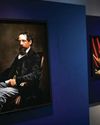
BBC History Revealed
'Dickens's evocation of the fears, excitement and confusion of childhood is peerless'
DR LEE JACKSON ON WHY CHARLES DICKENS REMAINS RELEVANT TODAY
2 mins
Christmas 2023
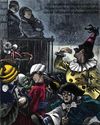
BBC History Revealed
THE AUTHOR GOES ABROAD
Dickens expanded his horizons and boosted his fan-base by venturing overseas - but global fame came with a cost
4 mins
Christmas 2023
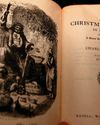
BBC History Revealed
REVIVING THE FESTIVE SPIRIT
A Christmas Carol wasn't just a bestseller - it changed the way that Britons chose to mark the festive season
3 mins
Christmas 2023
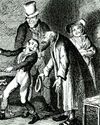
BBC History Revealed
GIVING THE POOR A VOICE
From Hard Times to Oliver Twist, Charles Dickens used his pen to help illuminate the lives of the less fortunate
3 mins
Christmas 2023
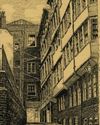
BBC History Revealed
A JOURNEY THROUGH DICKENS'S LONDON
The works of Charles Dickens are synonymous with visions of Victorian London. We talk to Dr Lee Jackson about the author's love of the capital, and the locations that most inspired him
11 mins
Christmas 2023
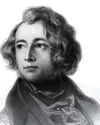
BBC History Revealed
EXCEEDING EXPECTATIONS
Dr Lee Jackson chronicles Charles Dickens's journey from down-at-luck teenager to titan of Victorian literature
6 mins
Christmas 2023
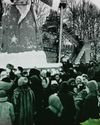
BBC History Revealed
GIFTS, TREES & FEASTING
We take a journey through the photo archives to reveal how Christmas and its many traditions have been celebrated over the years - and around the world
3 mins
Christmas 2023
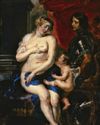
BBC History Revealed
WHAT GREAT PAINTINGS SAY
We explore the story behind an allegorical painting that celebrates the triumph of love over hate, peace over war
3 mins
Christmas 2023
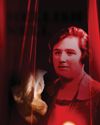
BBC History Revealed
HELLISH NELL
Malcolm Gaskill delves into the life of Helen Duncan - the fraudulent Scottish medium whose ectoplasm-filled seances saw her ending up on the wrong side of the law
6 mins
Christmas 2023

BBC History Revealed
7 THINGS YOU (PROBABLY) DIDN'T KNOW ABOUT THE WHITE HOUSE
Presidential historian Dr Lindsay M Chervinsky reveals some of the most surprising facts about the world-famous US residence
5 mins
Christmas 2023
Translate
Change font size
